Things to do in Bologna start with its strategic location in northern Italy, linking major cities such as Florence and Milan. Bologna, the capital of Emilia-Romagna, boasts a rich intellectual heritage, thanks to the University of Bologna—the world’s oldest continuously running university. Visitors can explore a city filled with terracotta-toned architecture, extensive portico-covered walkways, and medieval towers. Beyond its structures, Bologna offers a rich cultural setting where local traditions, historical narratives, and regional cuisine form an engaging experience.
Explore The Top 10 Things To Do In Bologna
Discover exciting things to do in Bologna through cultural sites, historical monuments, and authentic food experiences.
1. Ascend The Torre dell’Orologio For Panoramic City View
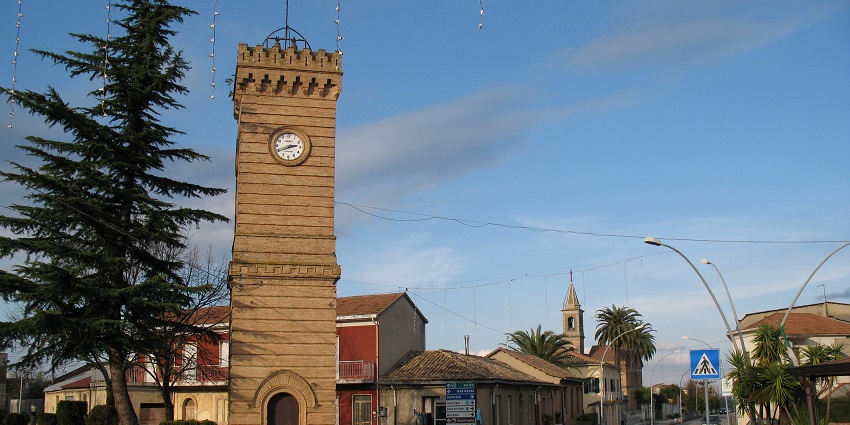
Photo: GJo / Wikimedia Commons / Image For Representation Only
Torre dell’Orologio rises above Piazza Maggiore and rewards visitors with an overhead look at Bologna’s rooftops and structures. Originally linked to the Palazzo d’Accursio, the tower holds historical significance tied to civic governance. Climbing its steps leads to viewing platforms with extensive city visuals. Inside, the museum presents artefacts and stories from Bologna’s past, including the workings of the clock. Visitors often admire the blend of architecture and political symbolism preserved within this structure, making it a valuable historical and visual site to explore.
Major Attractions: Rooftop views, historic clock mechanism
Timings: 10 AM – 6 PM
Location: Piazza Maggiore, Bologna
2. Discover Top-Rated Museums Across Bologna
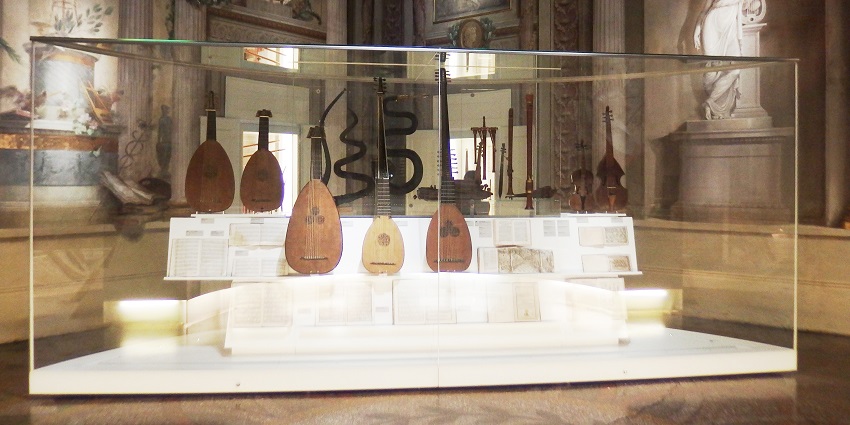
Photo: Palickap / Wikimedia Commons / Image For Representation Only
Exploring museums ranks among the best things to do in Bologna, especially for those curious about science, heritage, and innovation. The Museo Civico Archeologico reveals ancient civilisations through artefacts, while the Palazzo Poggi Museum presents old-world medical and navigational tools. MAMbo offers changing exhibitions with modern installations that represent local and national artistry. These spaces serve as educational venues and help travellers understand the intellectual evolution of the region. Engaging with each collection reveals different time periods and ideas, all carefully curated within Bologna’s museum network.
Major Attractions: Ancient artefacts, modern art, scientific displays
Timings: 10 AM – 6 PM
Location: Multiple across Bologna city centre
3. Track Down Bologna’s Hidden Canals
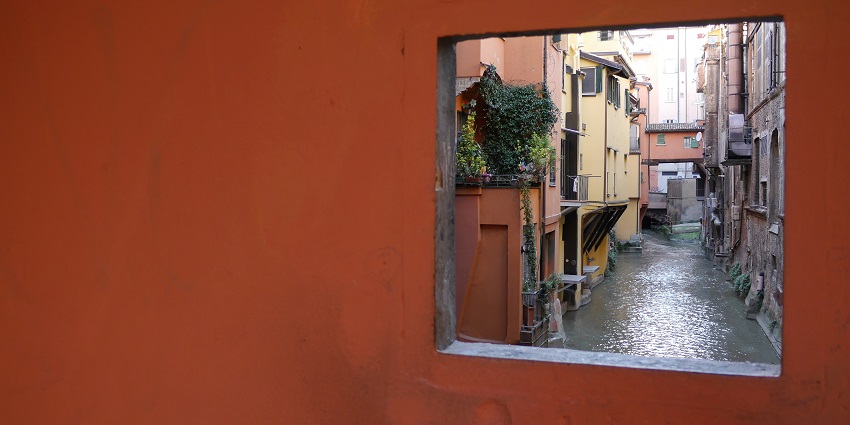
Photo: Carlo Fontanin / Wikimedia Commons
Bologna’s canals offer insights into how the city managed commerce and agriculture centuries ago. These waterways once formed an underground system that supported industries and connected trade routes. Though most canals are now covered, you can still find open segments through discreet windows, like the one on Via Piella. Discovering these remnants encourages a different view of Bologna, one that appreciates its engineering past. Each peek through a canal opening adds a layer to the city’s development and speaks to its long-standing relationship with water systems.
Major Attractions: Via Piella canal window, canal-side streets
Timings: 24*7
Location: Via Piella and surrounding streets
4. Visit The Le Serre Cultural Hub For Art And Events
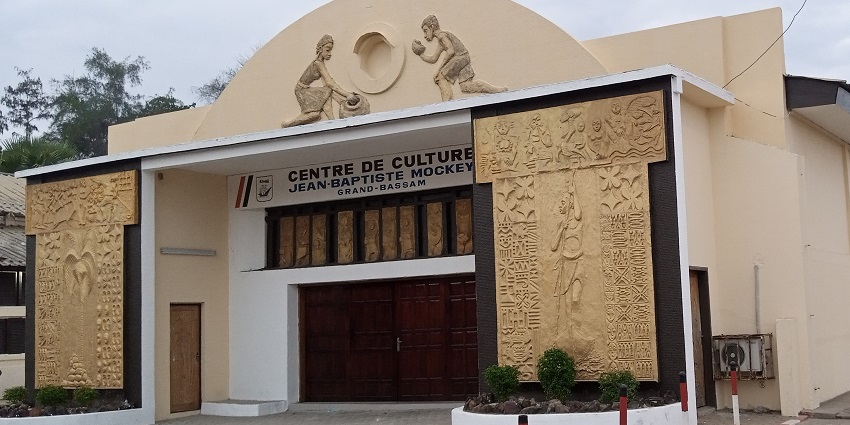
Photo: Aristidek5maya / Wikimedia Commons / Image For Representation Only
Le Serre enriches the list of things to see in Bologna, offering a mix of creativity, conversation, and local engagement. Located within Giardini Margherita, it provides workspaces, art exhibits, and event spaces that host a variety of public programs. The site supports sustainable ideas, encouraging community input and participation through rotating exhibitions, weekend workshops, and open-air screenings. Visitors often find themselves joining small gatherings or markets that reflect local traditions and talent. Le Serre serves as a social point where people engage with contemporary culture and each other.
Major Attractions: Art installations, weekend events, co-working spaces
Timings: 9 AM – 10 PM
Location: Giardini Margherita, Bologna
5. Climb The Iconic Asinelli Tower For A Skyline Perspective
Photo: Goldmund100 / Wikimedia Commons
The Asinelli Tower stands as one of Bologna’s most recognised medieval constructions, offering a high vantage point after a rigorous climb. Nearly 500 wooden steps lead to an observation area where travellers gain a full view of the city’s organised street network. It’s not just a climb—it’s a moment to connect with centuries of urban design. Visitors often find the effort worthwhile, as the view includes surrounding towers and historical districts. The adjacent Garisenda Tower, with its visible tilt, adds further context to Bologna’s early architectural styles.
Major Attractions: City views, medieval architecture
Timings: 9:30 AM – 6:30 PM
Location: Piazza di Porta Ravegnana
6. Step Into History At The University Of Bologna’s Anatomical Theatre
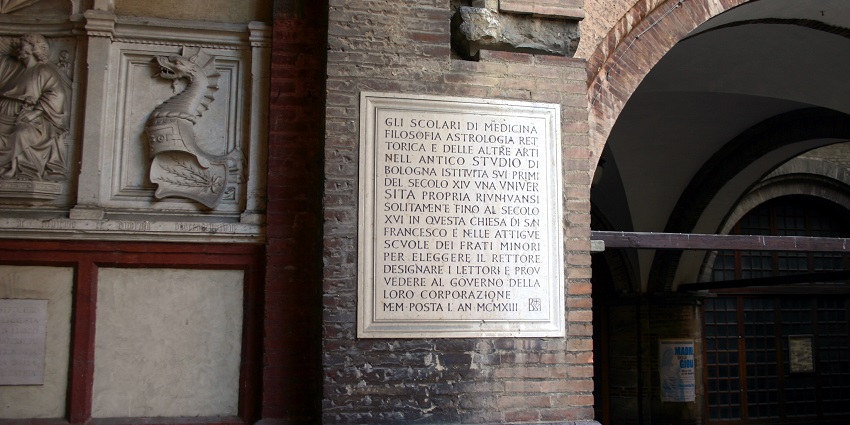
Photo: Prof. Giovanni Dall’Orto / Wikimedia Commons / Image For Representation Only
The Anatomical Theatre inside the Archiginnasio gives visitors a glimpse into early academic practices in Bologna. Craftspeople built the room entirely from wood in the 1600s, and it once served for medical instruction. Carved figures of historical physicians and a symbolic statue of Apollo overlook the central dissection table. Exploring this space helps visitors understand how people shared knowledge centuries ago. Tiered seating and preserved tools illustrate the close link between science and education in Bologna’s oldest university.
Major Attractions: Wooden sculptures, medical teaching instruments
Timings: 10 AM – 6 PM
Location: Archiginnasio of Bologna
7. View The Striking Incomplete Facade Of San Petronio Basilica
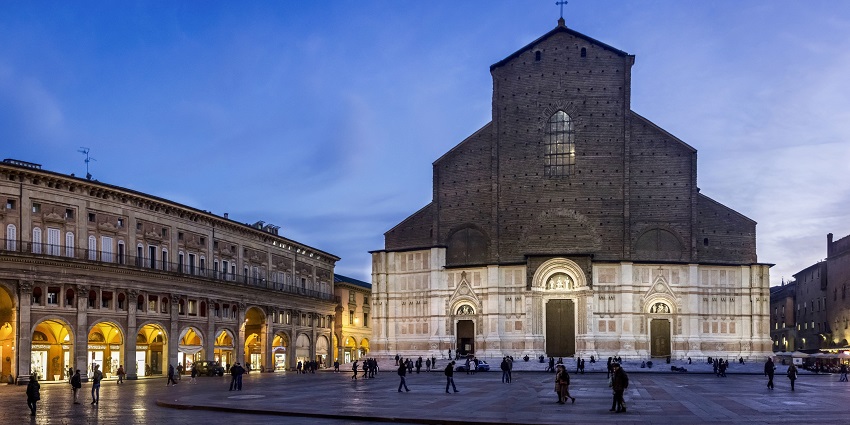
Photo: Vanni Lazzari / Wikimedia Commons
San Petronio Basilica draws interest for its scale and unfinished front, which remains a topic of curiosity. Construction began with ambitious plans in 1390 but halted before completion, leaving the lower portion in marble and the upper portion in brick. Inside, the basilica holds chapels, Gothic arches, and a long meridian line used for astronomical calculations. The architecture’s balance of ambition and reality attracts visitors. The structure continues to hold religious and architectural importance within the central square of Bologna.
Major Attractions: Interior chapels, astronomical sundial
Timings: 8:30 AM – 1 PM, 3 PM – 6:30 PM
Location: Piazza Maggiore
8. Walk Or Ride To The Famous Sanctuary Of The Madonna Di San Luca
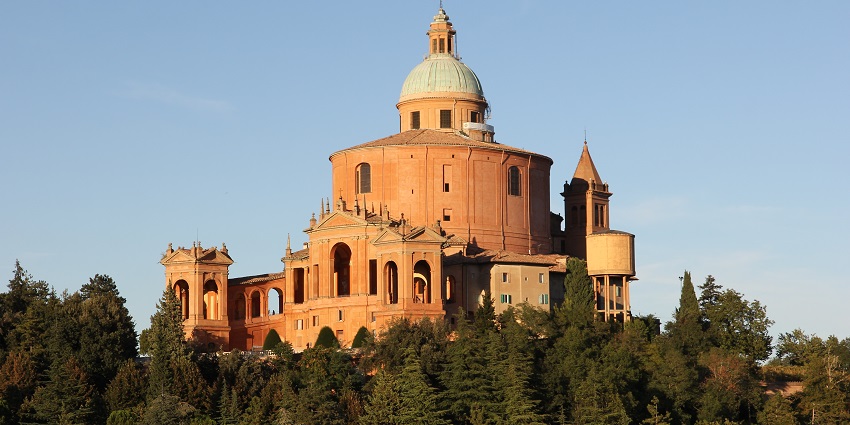
Photo: Gianni Careddu / Wikimedia Commons
Reaching the Sanctuary of the Madonna di San Luca involves a 3.8-kilometre portico walkway made up of 666 arches. Located atop Colle della Guardia, the church houses an icon connected to Bologna’s religious traditions. Travellers can choose to walk, cycle, or take a tourist train to the top. The journey itself becomes part of the experience, as locals often make the pilgrimage on foot. Once there, visitors can appreciate religious art, sculptures, and wide views of surrounding areas. The sanctuary holds both spiritual and historic importance.
Major Attractions: Long portico, religious art, city views
Timings: 7 AM – 7 PM
Entry Fee: Free
Location: Colle della Guardia
9. Try Some Of The Finest Gelato In Italy
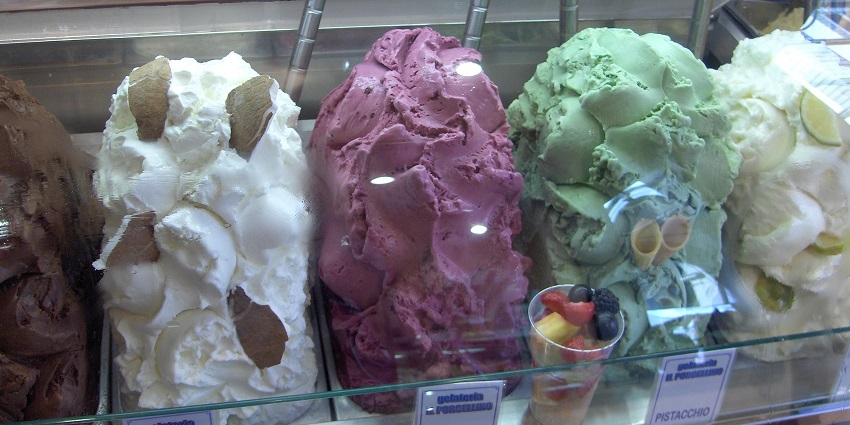
Photo: Sphilbrick / Wikimedia Commons
Trying gelato is high on the list of what to do in Bologna, especially if you enjoy regional cuisine. Shops such as Cremeria Funivia and La Sorbetteria Castiglione produce small-batch flavours using local ingredients and time-honoured techniques. From classic options such as hazelnut and chocolate to inventive seasonal blends, each place presents gelato as an artisan craft. Many shops prepare daily batches, keeping freshness a priority. Enjoying gelato here is more than tasting a sweet treat—it’s a local tradition where each flavour reflects careful preparation and regional pride.
Major Attractions: Local gelaterias, seasonal flavours
Timings: 11 AM – 11 PM
Location: Various locations across Bologna
10. Stroll Through Bologna’s Historic Covered Walkways
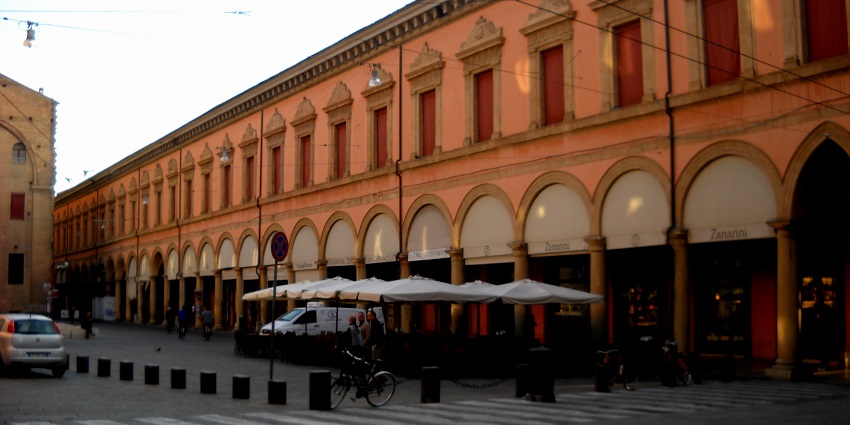
Photo: Sansavini Loredana / Wikimedia Commons
Bologna’s porticoes stretch across the city and represent a unique element of its urban fabric. Built over several centuries, these covered walkways link homes, shops, and academic institutions. Each one differs in design, showing the styles of its construction period. They protect pedestrians from rain and sun, allowing continuous foot traffic. UNESCO recognised them for their historical and architectural relevance. Walking through these pathways offers both practicality and an experience of daily life. The porticoes remain functional, connecting people and places through covered stretches of Bologna’s public space.
Major Attractions: UNESCO site, architectural heritage
Timings: Accessible at all times
Location: Across Bologna, including Via Zamboni and Via Saragozza
Things to do in Bologna reflect the city’s deep connection to heritage, academic excellence, and culinary mastery. From exploring centuries-old porticoes to enjoying fresh pasta made by skilled hands, Bologna invites travellers to engage with its genuine character. Museums, open markets, and religious structures reflect generations of craftsmanship and knowledge. Every corner holds stories shaped by local pride and time-tested customs. With TripXL, plan experiences that reflect your interests and enjoy Bologna through authentic activities that highlight its cultural, architectural, and culinary achievements.
Cover Photo: Armin Kleiner / Wikimedia Commons


 WhatsApp
WhatsApp
 Twitter
Twitter









